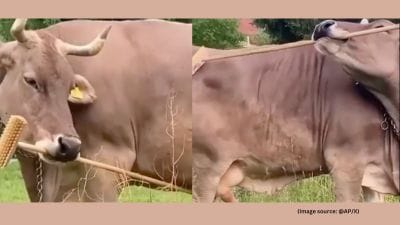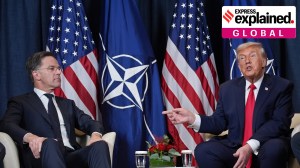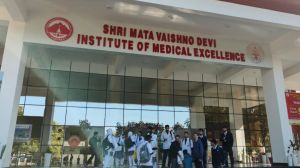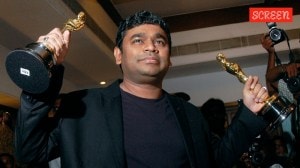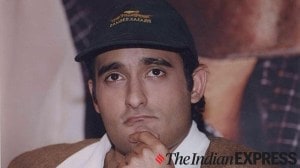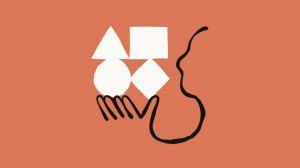We get the cops we deserve
Among established democracies why do we have some of the most brutish and bumbling cops in the world? The usual excuses trotted out by seni...

Among established democracies why do we have some of the most brutish and bumbling cops in the world? The usual excuses trotted out by senior police officers are inadequate. Overwork, underpay, insufficient training, judicial laxity, political interference, do not fully account for the lathi blows to the head, kicks in the groin and other more gruesome forms of brutality so casually inflicted on hapless Indian citizens. Often, the brutality is totally mindless and pointless, as the recent bashing administered to Martin Massey by the Delhi police for mistakenly driving through a security cordon so graphically demonstrates.
The key to understanding the escalating police violence lies in the social attitudes and psyche of the great Indian middle classes who tolerate, and even encourage, violence as far as it is directed against the lower classes and castes. A servant suspected of petty theft is a soft target for his master8217;s violence or, even better, some rupees provided to the local police thana can ensure a more professional softening up. After that, even an innocent person will confess to a crime he did not commit. The end result of mindless brutality is that the real culprit is often not caught while the innocent is trapped.
Of course there are mighty public uproars against police violence but these occur when businessmen are shot in a police encounter in the centre of New Delhi or when a business executive is roughed up. Most executives, professionals or even lawyers in their Marutis do not turn a hair when they see a traffic cop thrashing a milkman on a bike for crossing the white line at the traffic lights.
In remote rural areas, the most despised and dreaded personage is not the local landlord, hoodlum or politician but the local police thanedar or daroga. Contrary to the usual image of the political species, the local party neta often serves to curb the excesses of the local thanedar.
Politicians generally act as a buffer between the police and the common man, though there are political mavericks like Bal Thackeray who openly encourage violence by the police.
In any advanced democracy, the Shiv Sena8217;s remote controller would be hauled up for incitement to violence but here he is treated as a messiah above the law. In our democracy, encounter killings and incidents of torture are excused if the victims are faceless and nameless street people.
We like to believe that we now have a sophisticated and highly educated upper and middle segment comparable to the middle classes of the Western world. By flaunting our technical qualifications and our superficial social tastes like designer dresses, red wines from France or white wines from Australia, cuisine from Mexico and bathroom fittings copied from Italy, we can con ourselves into believing that we have developed a world class elite.
Our elite has a veneer of sophistication. It utterly lacks the deeper sophistication of the Scandinavian, British, French or German middle classes who generally have strong convictions: about the sanctity of every human life; of the right of every individual, regardless of social status, to be handled within the bounds of the law; of the right, even of alleged criminals, not to be physically ill-treated; of tolerating the most eccentric views of peaceful individuals; of lawfully prosecuting those individuals, however high and mighty they may be, who incite or encourage unlawful violence. These societies provide mass support for human rights groups. Every Western society does not have such deep convictions. The US is a glaring example of a society which tolerates routine police brutality.It should be no consolation to us that the US also tolerates its brutalities or that we are much above the horrors inflicted on the terrorised peoples of Serbia, Saudi Arabia or Zaire. Surely a mature Indian nation should have infinitely higher standards than those imposed by a fanatic ethnic dictatorship, by a tribal robber baron kingdom or by a greedy and murderous buffoon who is on his way out after 30 long long years of ruinous domination.
The writer was till recently a researcher at the London Secretariat of Amnesty International
- 01
- 02
- 03
- 04
- 05


